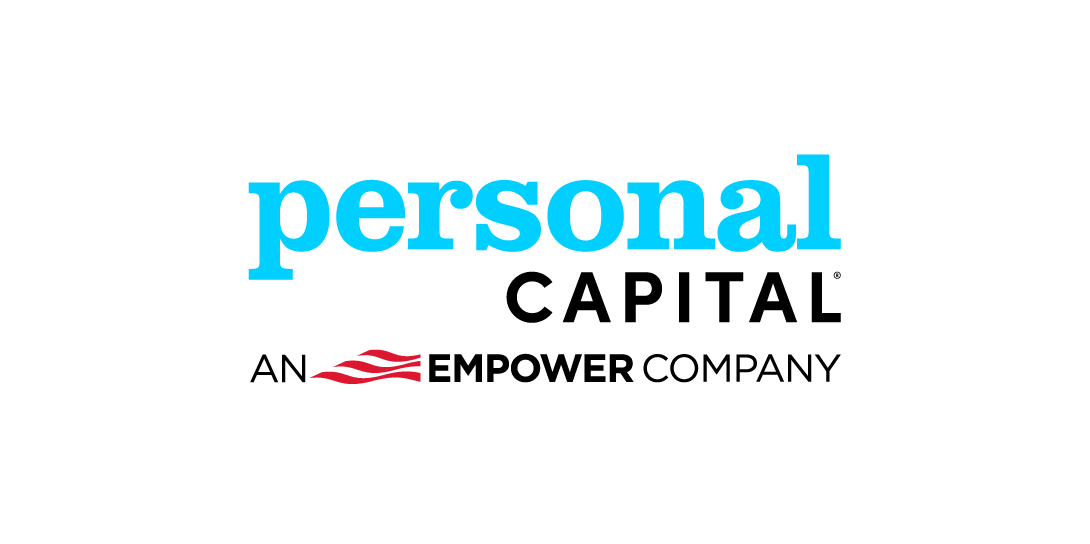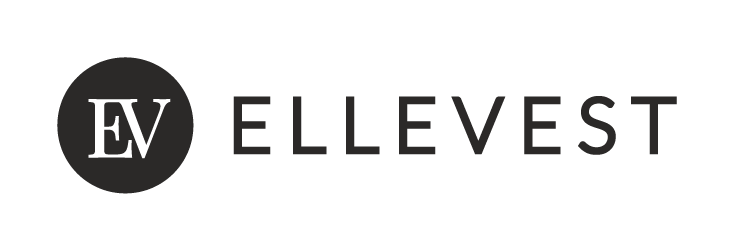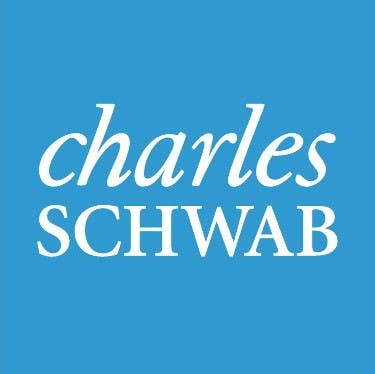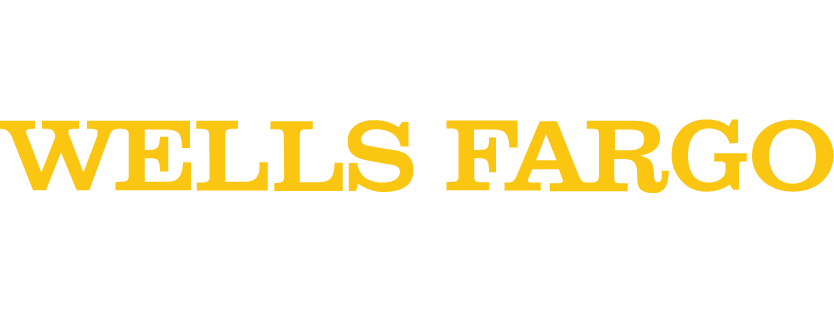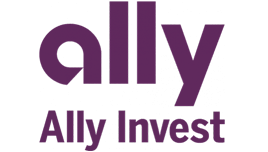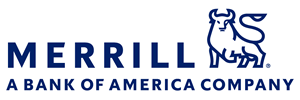Betterment review 2024
The Bankrate promise
At Bankrate we strive to help you make smarter financial decisions. While we adhere to strict , this post may contain references to products from our partners. Here's an explanation for .
Betterment: Best for
Betterment remains a stellar performer in Bankrate’s reviews of the top robo-advisors, offering a ton of features that benefit new and experienced investors. In the advisor’s core service you’ll get key services such as portfolio management alongside premium features such as tax-loss harvesting – all at a competitive price. If you’re looking for access to human advisors, then you can move up to the premium tier and receive unlimited access to human advisors for an additional fee. Either way, you’ll have access to a wide selection of low-cost investment funds, including socially responsible funds and crypto funds. And whether you opt for an investing account at all, you still have access to Betterment’s no-fee cash management account offering an attractive interest rate, among other attractive features. Betterment brings the complete package for those looking for a robo-advisor, and it does so at an attractive price.
If you need access to human advisors, then Schwab Intelligent Portfolios and Empower should also be on your short-list. Those looking for a first-rate robo-advisor but are fine going all-digital should check out Wealthfront, another top scorer in the Bankrate reviews.
We want to know what you think about Betterment
Do you have experience with Betterment? Let us know your thoughts.
Betterment: In the details

- Investors who need a human advisor
- Customizable portfolios
- New investors

- Investors who need a human advisor
- Customizable portfolios
- New investors
Pros: Where Betterment stands out
Portfolio mix
Betterment has structured its robo-advisor so that you can set up multiple financial goals (a car next year, a house down payment in five years, and a retirement in 30 years, for example.) Then you’ll be able to create an investment strategy for each of them using various investment funds.
Betterment offers a wide selection of asset classes, 13 in all, across both stocks and bonds for its core portfolio. They’re used to construct a portfolio based on your risk tolerance and time horizon for your financial goal. Goals that are distant (like retirement) can have more aggressive allocations to stocks, while those in the near future will have safer allocations with more bonds.
You’ll also have a few other options when constructing your portfolio that give it specialized allocations. These include:
- A smart beta fund that weights the stocks in the index according to different factors
- Socially responsible funds, including those that focus on climate change or social impact
- An all-cash strategy, which earns what Betterment’s cash management account pays
- An all-bond strategy, which focuses on income and minimizes volatility
- An innovative technology strategy, which focuses on clean energy, robots, virtual reality, blockchain and more
- Cryptocurrency portfolios, at a 1 percent annual fee plus trading expenses
In addition to these features, you can adjust the investment weights in your target portfolio, if you don’t want to invest in an area of the world, for example, or have too much of one kind of investment elsewhere and want more diversification.
The robo-advisor monitors your portfolio daily and automatically rebalances it if it moves more than 3-5 percent away from your target allocation. Betterment generally tries to avoid selling to rebalance and instead uses cash flows (deposits, for instance) to top off the lagging allocation. This approach helps minimize realized capital gains, helping keep your taxes lower.
Bankrate staff insight
“Betterment has a wide variety of investment options, and the funds here are low cost,” says one Bankrate staff member with a Betterment account. “The advisory fee is fine for what you’re getting, and I think it’s worth it for the extra features, compared to some shoestring free services out there. For me, it makes more sense to go with the digital plan and then add an advisor session when I need it. You can add crypto to your portfolio, but the advisory fees are a lot more expensive than what you would pay through other investments, such as a Bitcoin fund.”
Two service plans, including optional access to human advisors
If you’re looking for a robo-advisor to do all your investing or to do this core function with some extra human guidance along the way, Betterment has you covered on both counts. Betterment provides two service plans – a digital package and a premium package – each with its own pricing and features:
- Digital plan: This service gets you all the core functionality: portfolio management, automatic rebalancing, tax-loss harvesting and more. Cost: 0.25 percent annually, or $25 for every $10,000 you have invested. However, those with less than $20,000 will be charged a monthly fee (more below).
- Premium plan: This service ups the game and includes all the aspects of the digital plan as well as unlimited access to a team of fiduciary financial advisors who hold a certified financial planner (CFP) designation — and can advise on outside investments, too. Cost: 0.65 percent annually, or $65 for every $10,000 invested.
You can select the plan that better meets your needs, but the fundamental difference between them is access to human advisors tasked with looking out for your best interest as part of their CFP designation. But you’ll need to meet the premium plan’s $100,000 minimum to be able to gain access, a steep threshold for investors just starting out (more below).
Those on the digital plan can get started with no account minimum and may also add on a financial planning package à la carte. You’ll be able to meet with a CFP professional for 45 to 60 minutes (depending on the package) on a number of topics, including optimizing your Betterment account, planning for retirement, preparing your finances to pay for college, marriage planning or other less routine tasks.
The packages run between $299 and $399, and you can book them through the Betterment site.
Top-notch planning tools
Betterment brings a solid suite of tools to its highly functional app, and you’ll be able to plan your money moves with a variety of features:
- A tax-impact tool will help you understand how changes you make to your portfolio will affect your taxes, so you can get a better idea before you act.
- A charitable-giving tool allows you to donate securities directly through the app to your choice of charity, potentially netting you a tax benefit.
- A retirement-planning tool can take a comprehensive view of your financial life and offer suggestions for how to optimize your savings and portfolio to meet your goals.
- Betterment’s goal-planning tool suggests how you can organize and optimize your financial goals (emergency fund, retirement goal and wealth building).
And these tools are on top of other features such as the tax-coordinated portfolio and tax-loss harvesting. So the app offers you a lot more than just basic portfolio management.
Fractional shares
Betterment offers fractional fund purchases, not something that every robo-advisor does, allowing you to put your whole deposit to work immediately rather than having it sit around until you can buy a full share or buying shares of only what you can afford. You’ll be able to buy in increments as small as one millionth of a share, so any amount will work here.
Since you can buy in smaller increments, fractional shares allow you to keep the allocations in your financial plan on track and can help make tax-loss harvesting more efficient, too.
Low costs
If you’re looking for a low-cost robo-advisor, Betterment’s digital plan is a solid choice. With a management fee of 0.25 percent, the digital plan hits the industry standard and is still cheaper than a traditional human advisor (who often charges around 1 percent) while offering features (such as tax-loss harvesting) that these advisors would be hard-pressed to provide.
That said, Betterment instituted pricing changes in 2023 that effectively result in higher fees for clients with low balances. Accounts with less than $20,000 (across all accounts) will pay $4 per month, though a recurring deposit of $250 lets you escape this fee. For new investors with small balances, the fee looks steep. A $1,000 balance would incur costs of $48 per year, or 4.8 percent, while a $10,000 balance would still rack up a charge of $48, or 0.48 percent. That latter figure is still nearly twice Betterment’s headline rate for digital accounts. Of course, it’s still small in absolute size.
Following a pricing change in April 2024, the premium plan charges 0.65 percent of assets (up from 0.4 percent), hardly unreasonable for its expanded features. Wealthier investors on either plan will see fees reduced by 0.1 percent on any money above $2 million with Betterment. So for the digital plan, fees on that excess amount would fall to 0.15 percent, while on the premium plan they would fall to 0.55 percent.
For its investment funds, Betterment chooses ETFs that charge low fees, with Vanguard funds making up the primary stock funds for many of its core portfolios. Vanguard is a well-known leader in low-cost funds, and it offers some of the cheapest in the market.
Across the ETFs used in its portfolios, the portfolio-level fees range from 0.05 percent to 0.24 percent, or from $5 to $24 for every $10,000 managed, depending exactly on what funds your portfolio owns. These fees go to the fund company, not Betterment, and you’ll pay them regardless of which robo-advisor you select. The fund fees at Betterment are among the lowest you’ll find at robo-advisors.
Tax minimization
Betterment offers a pair of strategies to help you minimize your taxes, and both should prove helpful in keeping more money in your wallet. These strategies are what Betterment calls its tax-coordinated portfolio and tax-loss harvesting.
The tax-coordinated portfolio feature determines the best accounts to use to minimize taxes, so it looks at your accounts as a whole. Highly taxed investments might go into a tax-advantaged retirement account such as an IRA, while those taxed at a lower rate can go into standard taxable accounts. Betterment automatically factors in every deposit and dividend, directing them to where they’re most likely to minimize your taxes.
Betterment’s research has said this feature improves after-tax returns by 0.48 percent annually – more than your management fee. It amounts to 15 percent more money over a 30-year period. So a $1 million portfolio could otherwise be worth about $1.15 million, based on these claims.
And Betterment’s tax-loss harvesting feature may also put more coin back into your wallet. Tax-loss harvesting is the process of selling losing investments to get a tax break, and if done smartly, it can save you real money. Betterment automates this process and checks regularly to see whether you could benefit and avoids incurring short-term capital gains, all at no additional cost.
Betterment has estimated that its tax-loss harvesting feature boosts after-tax returns by about 0.77 percent per year. That may seem modest, but over time it can add up to tens of thousands of extra dollars.
Cash management account
Betterment’s cash management account, really two accounts, is among the best in the robo world. You’ll have the ability to save at some of the best interest rates on offer as well as the ability to spend with a checking account, fee-free ATMs, a debit card and more. As an individual, you’ll also have up to $2 million in FDIC insurance on any high-yield deposits, given how Betterment partners with banks, or $4 million for a joint account. Meanwhile, the checking account has $250,000 in FDIC coverage.
Cons: Where Betterment could improve
Account minimum and premium fee structure
Betterment’s $100,000 account minimum for its premium plan is steep in the robo-advisor world, where many clients are approaching investing for the first time. So this plan is inaccessible to smaller investors, though they do have the option of using the digital plan and then adding on a one-off financial planning package later if they decide they need it.
But how does Betterment compare to other high-minimum plans such as Empower or Schwab Intelligent Portfolios Premium? Its management fee is much cheaper than Empower, which charges 0.89 percent on the first $1 million and requires a similar $100,000 minimum.
The comparison against Schwab Intelligent Portfolios Premium is different, however, because of Schwab’s fee structure. Schwab requires a $25,000 minimum to get started with unlimited access to human advisors and charges $30 a month (after a one-time $300 setup fee). For someone with the minimum, that’s a hefty 1.44 percent fee. But the key is that it’s a fixed rate, so even as your assets grow, your fee remains capped at that monthly fee.
What would you pay with $100,000 of assets in the premium plans at each? At Betterment, you’d pay $650 annually, while Schwab’s plan would cost you $360 for similar access to human advisors. And from there the fee for Betterment Premium would keep rising as your assets grew.
Of course, to keep costs from rising you could downshift into Betterment’s digital plan and add on a one-off financial package for around $400, though that doesn’t compare well to Schwab’s all-access pass to human advisors, who also hold CFP designations.
No direct indexing
Betterment doesn’t use direct indexing in its clients’ portfolios, potentially limiting some upside when tax-loss harvesting. While many robo-advisors use only ETFs in constructing portfolios, some (notably Wealthfront) use direct indexing, owning the stocks directly rather than the ETF.
When using index funds, a robo-advisor only has one choice in tax-loss harvesting: sell the fund. But on any given day, many stocks in the fund have risen and many have fallen — so there are potential tax losses that could be realized from individual stocks.
By direct indexing, a robo-advisor has more options to capitalize on losses, selling stocks that are down and reinvesting the money, while still holding on to most of the stocks in the index. So that means direct indexing offers more potential for the practice of tax-loss harvesting.
Confusing set-up process
First, the good part of Betterment’s set-up process: You can gain access to the site in less than 30 seconds with only your name, a phone number and a valid email address. After that, you’re in the door and ready to create your plan. But as to how to create your plan, that’s where the process becomes muddier.
After you sign in, you’re on Betterment’s dashboard screen and may not be quite sure how to proceed. You’re presented with an array of options without an unambiguous direction of where to go, unlike the sign-up process at many robo-advisors where the account-opening process entails answering questions that construct your portfolio, and you simply follow along.
It would be much more helpful to have a clear checklist of steps to follow so that you could know you’re taking full advantage of what Betterment offers. An automated follow-up email does show up a few minutes later directing your attention to incomplete parts of your account, but a simple walkthrough on the site itself would ensure that you do it all on your first stop.
Review methodology
Betterment customer reviews

Betterment has 11 reviews
Dive into community reviews below and see what others think about Betterment.
In July 2024, Bankrate collaborated with a third-party vendor to survey 800 brokerage and robo-advisor account holders nationwide. Bankrate and our vendor collected and summarized account holder responses to five rating questions on a 5-point scale as well as open-ended reviews of the account experience. Responses are based on individual account holder product details, and therefore cannot be verified for accuracy. User ratings are unedited and have not been reviewed or approved by the associated brokerage or robo-advisor, nor do these responses reflect Bankrate's own expert review of these banking products.
Community Reviews
Thank you for sharing your experience with Bankrate









